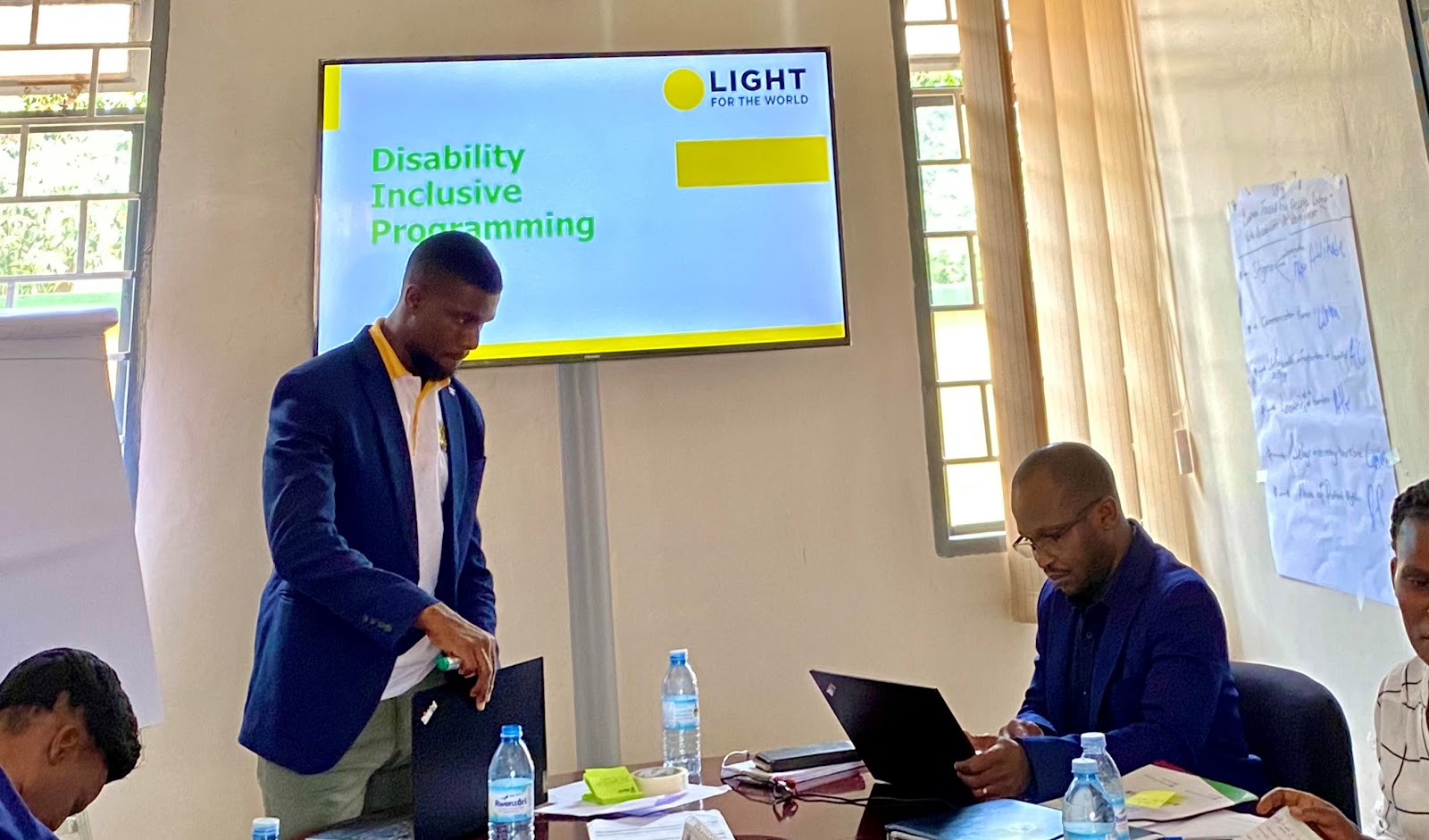CAN THE VICIOUS CYCLE OF POVERTY AND DISABILITY BE BROKEN?
Disability and poverty are
closely linked. An estimated 1 billion people (15% of the world’s population)
live with disabilities and 80 per cent of them live in developing countries.
Ironically, people with disabilities are often left out of Economic development
programs, while they belong to the poorest of the poor. But can the vicious cycle of poverty and
disability be broken?
It's no secret that employees
with disabilities already struggle to get the support they need. Despite
employment law guidelines, the Equality Act and Human Rights charters, many
employers still struggle to see that the problem is not the person's
disability, but a mismatch between their abilities and their working
environment.
This concept of a Social Model of
Disability remains a point of interest but not of action and for the
wider working world. And in a predominantly non-disabled workplace
culture, disabled people`s needs continue to fly under the
radar of many employers.
WORK PLACE CULTURE
Culture at the workplace has a
huge role to play in how protected and supported disabled employees feel.
Co-workers often don’t understand what it means to have a disability, how
to cooperate with PWDs at the work place and the need for reasonable accommodation.
This may well be why so many Persons with disability choose to 'get on with
it', risking further health complications further down the line, rather than
exercise their right to access reasonable adjustments to fit in their working
environment.
By encouraging a more
compassionate and open-minded approach at all levels in the workplace, we can
help change how disability is seen and understood. But is that even
possible?
HOW EMPLOYERS CAN MAKE IT HAPPEN?
In order to become more
disability inclusive, organizations will need to cycle through systemic changes
to break down the intentional and unintentional barriers that have
historically kept disabled people from participating. Organizations should
always begin by identifying the change they would like to see.
An organization’s leadership must
commit to this change. Without this commitment, an organization will remain
rudderless as they will have significant difficulties implementing the policy
changes needed to make their organization friendlier to disabled people.
Leadership and staff should
review organizational policies. An organization may choose to do a full review
of all its policies or it may target just a few to get started
Seek input from disabled experts.
It’s important to include disabled people throughout the process. However, it
is especially important to include them as you begin to think about creating
new policies. Disabled experts can be staff members, disability inclusion
contractors, policy experts, board members, and volunteers who have disabilities.
Often stereotypes and
preconceived ideas about the needs and abilities of disabled people cause
employers to feel apprehensive about hiring disabled employees. By being open
and willing to think creatively and adjust attitudes, organizations can ensure
they are prepared to hire and retain employees with disabilities.
Before building out a hiring
plan, organizations should understand disability-focused laws and best
practices to ensure they can effectively support job candidates and employees
with disabilities. Yes, employers will likely recognize the need to be
more inclusive and aware of disability and then the vicious cycle of poverty
can be broken in general.
HOW GOVERNMENTS AND CSOs CAN CONTRIBUTE
Prioritizing
Food Security Food security
People living in extreme
poverty first need to secure their daily consumption needs before they can
graduate out of poverty, Livelihood programs should aim at improving the food
security situation of these households. Common activities covered in livelihood
programs are group formations, empowerment, confidence building, asset and
skills transfer, and savings and finance management
Investing in Livelihood programs
CSO`s and Governments must
Empower people with disabilities in making their own living by removing the
barriers that prohibit their equal participation in economic development.
Involvement in economic development means much more than gaining access to
income, it also has a very positive impact on social inclusion. When people
with disabilities are able to generate their own income, their status in the
household and the community improves and their self-esteem and empowerment get
a natural boost let’s look at supporting disabled people groups.
Improving means of access to financial
services
Self-employment is an
important survival strategy for people with disabilities. Because of the lack
of access to education and formal employment, the informal sector is often
their only refuge. Lack of access to credit is another barrier. Like many other
people in the informal sector, disabled entrepreneurs benefit from business
training and access to small loans. Society
should look more at spearheading Business programs and create market linkages
for Disabled Entrepreneurs
Inclusion is the Only Action we Can Do For all Persons with disabilities to Belong, we need to act now.




Comments
Post a Comment